What happened to “traditional education”?
I love to read books about history. I like fiction and nonfiction alike. I like to put myself in the shoes of the people and places that have shaped a community, a culture, and/or a world. How did we become the people we are. How did our thinking evolve (yes, a Christian is allowed to use that word)? How are we better off and how are we worse?
These questions swirl around in my mind when I am considering the classes curriculum I will use any given year. What’s most important? How can I help? When I was young I can remember being taught that a “traditional education” required the three R’s - Reading, Writing, Arithmetic. Which is super funny to me because as far as I can tell only reading begins with an R. Anyway, when I look to historical books, I see absolutely incredible penmanship, knowledge of weights and measurements (specific to the era), and global geography. I see patriotism and at least a basic understanding of government. Well friends, the times have changed!
These days the “traditional classroom” is throwing out math testing to make it more fair. They are using Chromebooks instead of paper and pencil so good-bye to all the amazing brain connections and fine motor skills that penmanship instilled. Now don’t get me wrong! I value and appreciate my keyboard and computer as much as the next guy, but not at the loss of tactile, foundational, instruction that manual writing fosters. Trust me, there is plenty of science to back this up.
What do I think students need today? They need time to think. They need time outdoors. They need physical activity and to learn how to problem solve. So, I choose lessons, curriculum, and themes that look a lot like what your grandparents may have considered a “traditional class”.
Cooking (math, science, planning, health, collaboration, and leadership)
Personal Finance (math, goal setting, attention to details, self discipline, budgeting, banking system)
Life Skills (first aid, logic, critical thinking, and problem solving, maps without google, time management, healthy habits, etc.)
Health & Nutrition (longevity, personality strengths and weaknesses, making positive and negative choices, body language, communication skills)
